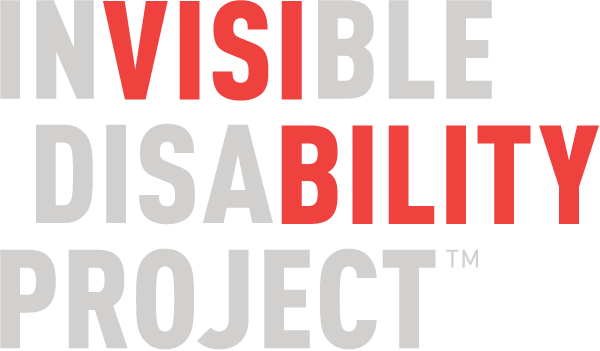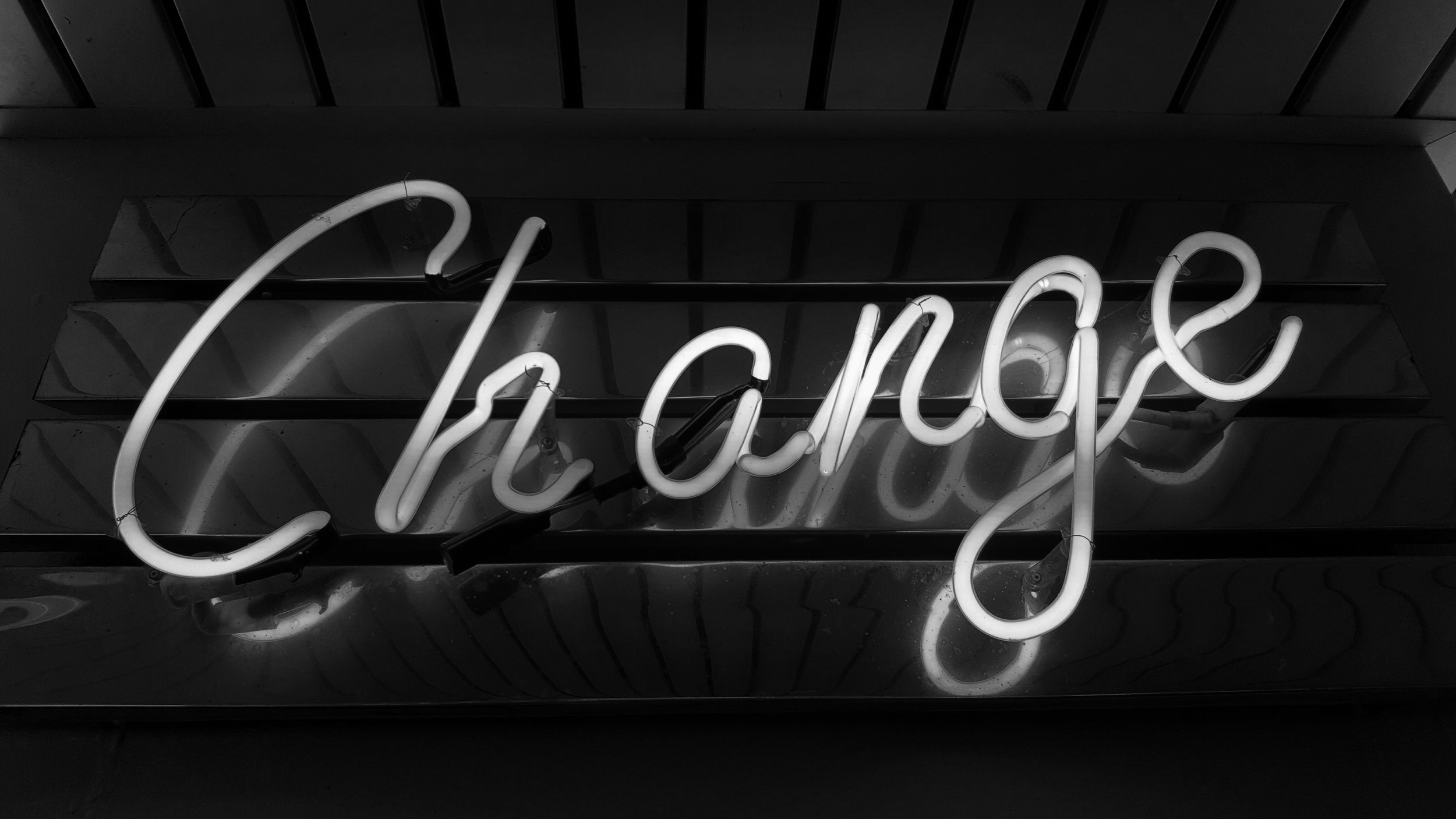How Do We Know That We Know?
Color photograph of hand holding an undeveloped Polaroid
BY CECIL LEIGH WILSON
GUEST WRITER
There's one exam I'm always going to fail, no matter what.
I’m a graduate student in Slavic studies, and one of the fundamental skills for people in my field is fluency in Russian. One common tool for measuring speaking proficiency in a second language, used by organizations from non-profits to universities to the U.S. government, is called an Oral Proficiency Interview (abbreviated OPI). In order to progress in my degree program, all students take this exam regularly until they reach a certain advanced proficiency score.
I'm also autistic, and I could not design an assessment less accessible to autistic people if I tried. It involves things like improvisational roleplay with an artificial conflict, and by the time my bodymind manages to parse through the multi-layered network of real and pretend identities, scenarios, details, and relationships at play, I have almost no cognitive room left for the language I'm actually being tested for. In this particular test, I always score much, much lower than my actual ability.
Fortunately, my university has resource specialists for students with disabilities who arranged an accommodation for my language assessment with the legal backing of the Americans with Disabilities Act. Unfortunately, that process was also complicated, pathologizing, and expensive. It meant getting an 'official' diagnosis from a psychiatrist, which I didn't need for my own wellbeing and didn't want in my record. And it meant disclosing to strangers, whom I had no real reason to trust, very personal and even traumatic experiences.
My department made alternate arrangements for my language assessment, and I was able to show what I can actually do. It shouldn't have taken that much stress, time, and money to get around a test that was poorly designed for people like me (or, more likely, designed with the assumption that people like me would never take it) -- but I did it, because I didn't have much of a choice.
There's one exam I'm always going to fail, no matter what.
Around the same time, I was teaching one section of introductory Russian language. There was a student in my class who lit up the room with their enthusiasm, warm demeanor, and willingness to be bold and vulnerable by asking questions, speaking in front of the class, and making valuable mistakes.
But their test scores weren't very high. They consistently hovered around the arbitrary line between 'pass' and 'fail' -- as though learning anything could be considered a failure. One day they came to my office because their academic advisor was seeing only the test scores and pressuring them to drop the class.
When they arrived in my office, they were clearly distressed. They didn't know why the pleasure and satisfaction they felt working with the material didn't carry over into test scores. They didn't want to drop the class, but they were hesitant about going against their advisor’s authority. There was academic probation and financial aid at stake on that pass/fail line, giving every quiz the psychological weight of whether or not this student could stay in school at all. And they felt they were doing just fine, just going a little slower than the syllabus expected -- why couldn't the university see that they were actually doing fine?
I asked if they wanted to hear a funny story about tests I've failed, and told them about every OPI I've ever sunk -- including the time the cognitive stress was so great (given other factors, like the fact that at the time I was trying to work out whether I'm trans (I am)) that I went completely nonverbal and couldn't even say my name. We laughed about how silly tests can be, and how little they can actually tell us about ourselves sometimes. And we also talked about some strategies for how to work around an inflexible system that takes silly tests very seriously. The student remained a feature of Russian culture on campus for years afterwards.
Assessments like tests, quizzes, and exams are only one narrow way to reflect your learning, despite how ubiquitous they are in American education. They're like a photograph, showing us only one moment, and only what we put in frame, and only the way we develop the image. Much more important to me in assessing my work as a teacher is consideration of the emotional journey learning takes us on and the impact it leaves on our lives.
For example, it was learning Russian in the first place that started the process of understanding myself as autistic. Learning a new language can be an intense psychological experience, like setting the reset button on your sense of self. Different languages organize reality differently, and many students have told me how it makes them feel like a small child again -- not just because their vocabularies are limited, but also because they're navigating new ways of conceptualizing things like orientation in space and time, family and other social structures, possibilities of identity, and more.
In my case, languages are exactly the kind of complex systems that my bodymind loves to dive deep into, that I find intuitive, fulfilling, and unendingly fascinating. It also allows me to see more clearly the particular way my bodymind understands and navigates social norms. It opens up an entirely new world of possible human connections, stories, perspectives, and ways of living. Little leads you to understand your home differently quite like traveling away from it, and that's true of language as well as space. In learning how to build myself and my ways of being in the world again from the ground up, in a new language, I was better able to see and accept my queerness, my transness, my disability, my faith, and other parts of myself that I couldn't before. It changed the way I relate to other people and make up part of many communities.
In learning how to build myself and my ways of being in the world again from the ground up, in a new language, I was better able to see and accept my queerness, my transness, my disability, my faith, and other parts of myself that I couldn't before.
And no test, exam, or other traditional assessment I take would ever show that. Tests can show whether I can form passive participles (at that particular moment, in the way the test designers expect), but not the joy with which I have incorporated Russian into my daily life. And the diagnostic test the psychiatrist used could show that I find eye contact uncomfortable (in the specific parameters the 'experts' expect), but not what I love about being autistic.
There's so much more to learning, and to being a person in this world, than any test can show. Traditional assessments like tests and exams can be useful in particular circumstances, but the authority they are granted should stand up to critical scrutiny -- very often, it doesn't.
I want to build a world where the main emotion associated with education isn't earth-shattering stress, where we free ourselves from the white institutional obsession with metrics and let students show us what they know in whatever way actually works.
THE AUTHOR
Cecil Leigh Wilson
Cecil Leigh Wilson is a Ph.D. candidate in Slavic languages and literatures with a doctoral minor in Gender and Women's Studies at the University of Wisconsin-Madison, where ze also works on staff at the Gender and Sexuality Campus Center. Ze is grateful to everything hir students have taught hir about learning inside and outside of educational structures. You can find more about hir work at www.cecilleighwilson.com.







